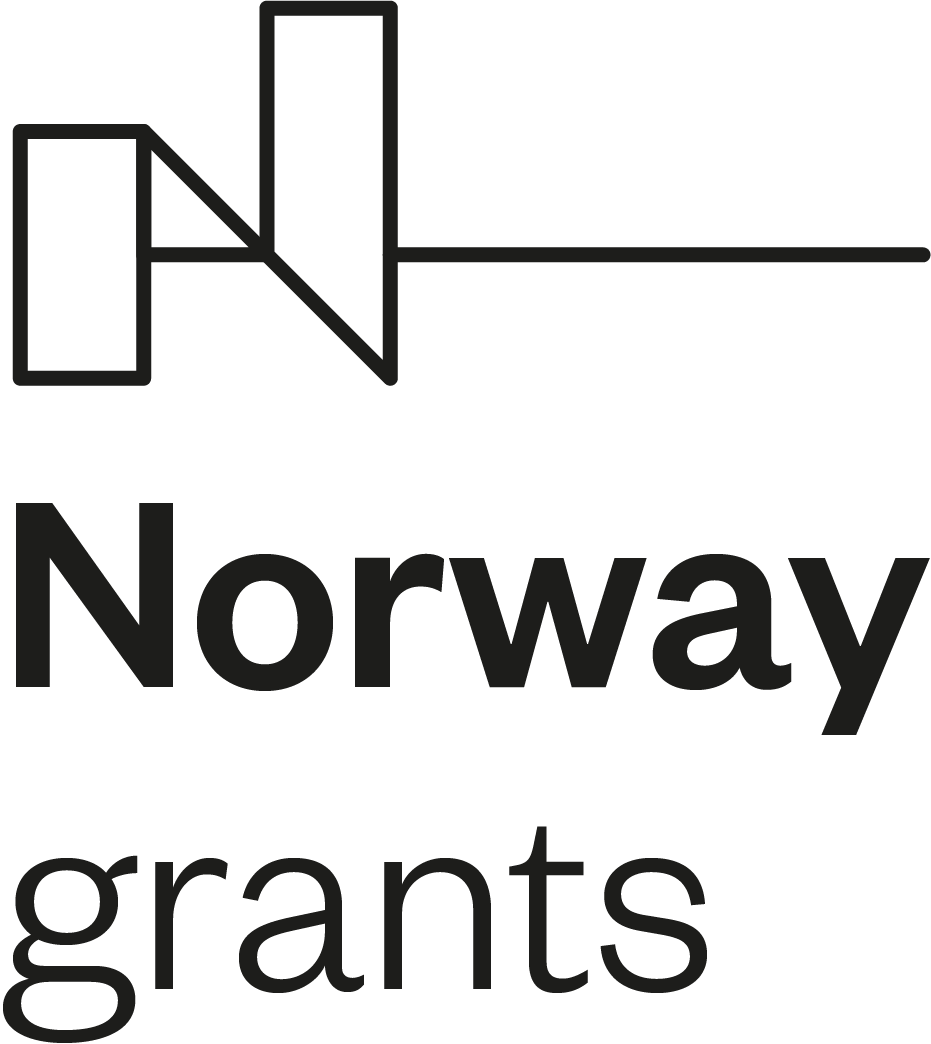Gender, Citizenship and Resistance in Minoritized Communities
Welcome to the two-day conference entitled Gender, Citizenship and Resistance in Minoritized Communities, organized by Centre for Gender Research, University of Oslo (STK) and the Fafo, Institute of Labour and Social Research as an outcome of ALCITfem project. The event will explore how gender plays a role in activism and citizenship in communities that have been minoritized and sidelined in national, international, and post-colonial contexts. Time and place: Mar. 11, 2024 9:00 AM – Mar. 12, 2024 4:30 PM, Tøyen Hovedgård.
This is the final conference of the 3-year ALCITfem project (ALCITfem - Kurdishstudies), where we investigated Kurdish women’s activism and its implication for their rights and dynamics of citizenship in different social, cultural and political fields. Our team members did research on contemporary Kurdish society and politics with a particular emphasis on gendered citizenship in subaltern context and on various forms of marginalization and repression; on social movements and activism in the Global South; and on the study of a variety of experiences of women in Kurdistan and the diaspora, and the interlinkages between life in Kurdistan and in the diaspora. We now open the floor for debate with scholars from outside Kurdish Studies who have worked on similar topics and would like to explore comparatively how gender plays a role in activism and citizenship in communities that have been minoritized and sidelined in national, international, and post-colonial contexts.
During the two conference days, five invited scholars and ten ALCITfem team members will investigate how their research on citizenship practices in marginalized communities intersect, connect, and inform each other. Each day consists of five presentations with a discussant and Q&A, as well as an afternoon debate in which a moderator connects the day’s topics and gives a lead for further discussion. The following questions will be touched upon during the presentations and debates: How may we approach the understanding of citizenship in postcolonial and (post-)violent realities? How have indigenous, queer, and other minoritized subjects changed the notion and practices of citizenship? How useful are recent theories on citizenship (including lived citizenship; intimate and sexual citizenship; acts of citizenship) to better understand the totality of citizenship practices in today’s world? What is the importance of indigenous approaches towards ecological citizenship and how can we better validate and include them? And how can analyses of resistance be better geared towards the realities on the ground of marginalized people who have little space to resist?
Photo above by Benyamin Farnam: Sairan Marofi and Fariba Rashidi take part in demonstration in Oslo in 2022, in support of Jin Jiyan Azadi Revolution in Iran.
The full programme and abstracts are available below





